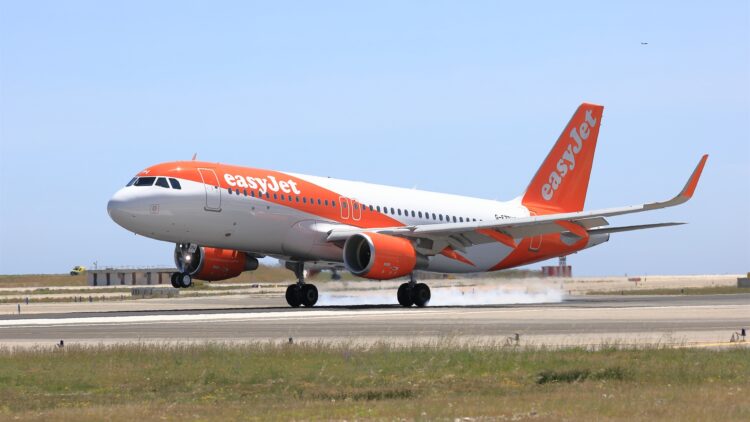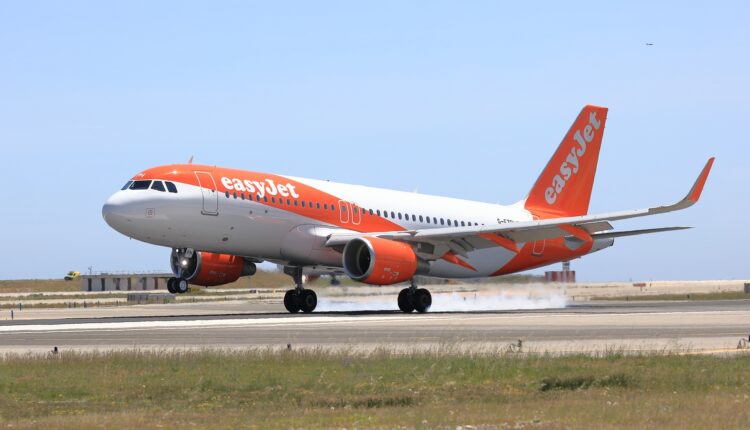Low-cost airline easyJet is already developing an all-electric aircraft and is now backing another programme to develop a commercial airliner powered by hydrogen. Tony McDonough reports

EasyJet is backing the development of a hydrogen-fuelled commercial aircraft that has the potential to offer emissions-free flying.
Being developed by Airbus, which operates a huge wing-making plant near Chester, the aircraft could carry 279 passengers halfway around the world (eg from London to San Francisco) without a stop or anywhere in the world with just one refuelling stop.
Debbie Thomas, an easyJet pilot, is one of 100 aviation and aerospace experts joining the FlyZero project which is led by the UK’s Jet Zero Council and the Government-funded Aerospace Technology Institute.
Offering 25 routes out of Liverpool John Lennon Airport, easyJet is one of Europe’s biggest airiness, along with low-cost rival Ryanair. It already hope to be operating an ell-electric plane on its European short-haul routes by 2030.
In 2017, the carrier entered into a partnership with US-based Wright Electric to develop a commercial airliner that would run off electric batteries rather than aviation fuel. Earlier this year the project reached a major milestone when it started testing a 2MW motor.
However, a hydrogen aircraft would offer lower emissions and greater range and capacity then an electric plane. It would store hydrogen at minus 250 degrees celsius in cryogenic fuel tanks at the rear of the plane and in two smaller ‘cheek’ tanks along the forward fuselage to keep the aircraft balanced.
READ MORE: Mersey industry giants sign up for hydrogen switch
David Morgan, director of flight operations at easyJet, said: “FlyZero’s concept aircraft demonstrates the huge potential of green liquid hydrogen for aviation, including larger gauge aircraft.
“I’m very excited to see where we go from here. EasyJet is closely involved in the work of the Aerospace Technology Institute and its FlyZero project and we look forward to continuous collaboration to make zero-carbon emission flights a reality as soon as possible.”
Beyond decarbonisation, easyJet is focusing on reducing plastic – more than 36m single-use plastic items have been eliminated to-date – as well as reducing waste within its wider operations and the supply chain.
For example, the airline also recently introduced new crew uniforms made from recycled plastic bottles. Forty-five bottles go into each outfit – with the potential to prevent 2.7m plastic bottles from ending up in landfill or in oceans over the next five years.

